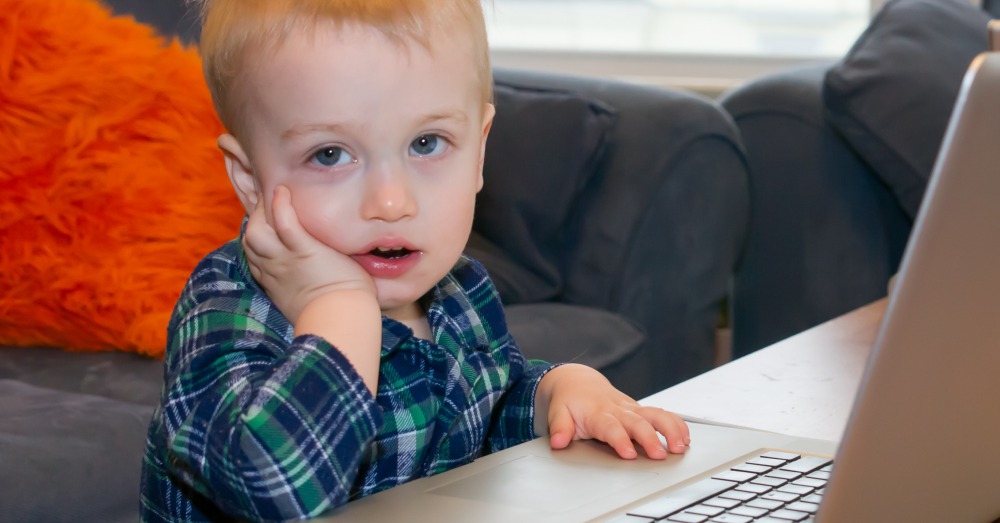At the risk of sounding like a broken record, the past year has been rough. Really, really rough. While we’ll hopefully turn the corner amid the COVID vaccine rollout, the pandemic effects continue to ripple far and wide, and we’ll live for the foreseeable future within the long shadow of COVID-19. It’s normal and healthy to feel and process our pain, mourn our losses, and even miss the days prior to our current chaos, knowing full well that in many ways, things will never quite return to what we once knew. And specifically, within the world of K–12 education, 2020 was a year of jarring fits and starts, incredible perseverance, and downright scrappiness in the spirit of doing what’s best for our kids.

Like so many others, I return often to a feeling of gratitude for the many silver linings this crisis has provided, and up at the top of the list for me is something I think any educator can appreciate: Having a fresh perspective on the role of schools in the lives of children. While we’ve seen social-emotional learning (SEL) gain steam in recent years both in its research base and its application in schools, nothing brought the fundamental need for positive teacher-student relationships into the foreground quite like the pandemic.
During most of the past year, I was writing a book about the interconnected influence of relationships, rigor, and relevance in creating welcoming learning environments and powerful teaching and learning. Would this book have looked different if I wrote it in 2019? Likely so. I feel fortunate that writing a manuscript mid-pandemic could inform such pertinent content in real time. And during this process, as I reflected on my own ideas about great instruction, student learning, and related beliefs around whole-child growth, I decided to revisit a blog post I wrote pre-pandemic to see if its suggestions still resonate now, considering all that leaders, teachers, students, and families have been through in the past year. I believe that ultimately, the depth of which any new perspective really matters rests on whether it truly changes our behaviors. So as my own thinking has evolved, I think it’s only right to revise accordingly.
